In Jeremi’s words
What inspires me: Knowing that my potential as a human being can impact others and this existence in the most positive ways.
Best advice: Wake up every day and be the best person to yourself so that you can be the best person to others, the planet and all that inhabit it.
In 2013 Melbourne mechanic Jeremi Wallace found himself trekking through remote jungle in Northern Thailand near the border with Myanmar, also known as Burma. He’d already travelled eight hours by bus from Bangkok, two hours by scooter and was now nearing the end of a six-hour hike to the village.
With his feet rupturing into blisters, Jeremi struggled to keep up with his guides. Eventually, he staggered into the village – a jumble of ramshackle bamboo huts housing a handful of Burmese refugees. Shy eyes peered from windows, as members of Burma’s Karen ethnic minority sized up the stranger. Who was this tattoo-clad Westerner visiting them, here in the Thai jungle, where they’d fled their war-ravaged homes to hide?
Jeremi came to learn that these people could not claim Thai citizenship, and so had no rights in the country, including little to no access to health care or education. And the homes from which they’d fled in Myanmar were largely destroyed – homes and crops razed, land mines littering the countryside and tales of murder, rape and trafficking rife.
These people had chosen not to join the thousands of other Burmese refugees crammed into border refugee camps guarded by gun-wielding soldiers. These camps housed people who’d fled to the camps expecting to stay several months until the fighting eased at home. Some remain there 40 years later.
The Karen refugees, whom Jeremi had trekked so far to meet, had fled their war-torn homes to forge new lives in the Thai jungle. Here they forage for food and earn some local currency by weaving, farming and hard labouring, although they rarely exchange currency in the villages. Many were born here. Some have been here for decades, hiding, surviving, living out their lives in a perpetual state of limbo.
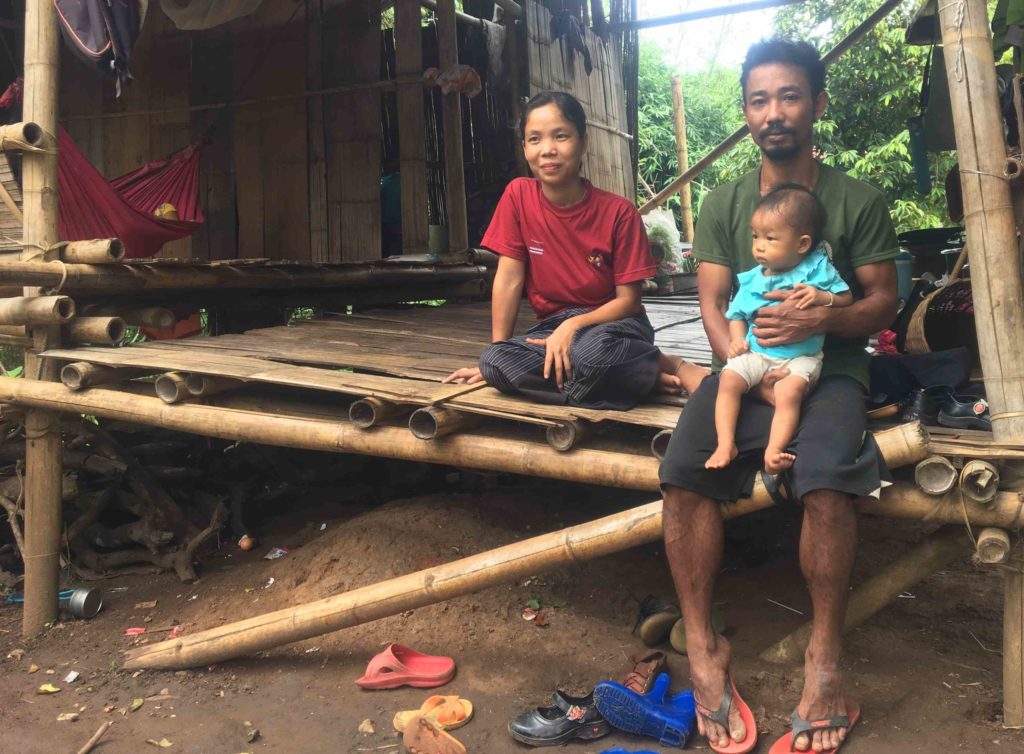
Despite to contribute
Just three months before the trek, Jeremi found himself sitting in his comfortable Melbourne home Googling volunteering opportunities. He’d long stifled a yearning to do something more, to contribute, to find a sense of purpose. He was desperate to shake up his comfortable life and find fulfilment by being of service.
A few pages into the Google search he came across a tiny Thai charity, Kid Launch, working on the border of Burma. Intrigued he fired off an email asking how he may be able to help. He received a return email: Just come and meet me and see, came the response. So Jeremi quit his job, booked a one-way ticket to Thailand and eventually met Madavee, who invited him to join her on a trip to visit the jungle refugees.
He’d long stifled a yearning to do something more, to contribute, to find a sense of purpose.
A dying culture
Now, entering the village, after days of dining on frogs and ferns, exhausted and wondering just what he could do to help, Jeremi met the people who would capture his heart. While they were shy, Jeremi found the Karen people to be incredibly welcoming. It wasn’t long and they invited him into their homes and shared the stories of their war-torn past. He came to realise it wasn’t just the trauma of their exodus, or their poverty, that troubled them, but the fear that they were losing their culture.
“These are stateless people,” Jeremi says. “Their culture is their very identity. Having that sense of culture is just a really basic human right. But they worry that they are losing that. And yet they manage to remain amazingly happy for what they do have.”
Jeremi remained five months in Thailand on that initial visit, visiting around 30 different villages – each home to dozens of Karen people hiding in the jungle. He helped teach at the local schools. He adventured into caves and waterfalls with the students, gathered at small wooden temples for crop blessing ceremonies and shared unforgettable times forging relationships using body language and broken Thai and Karen.
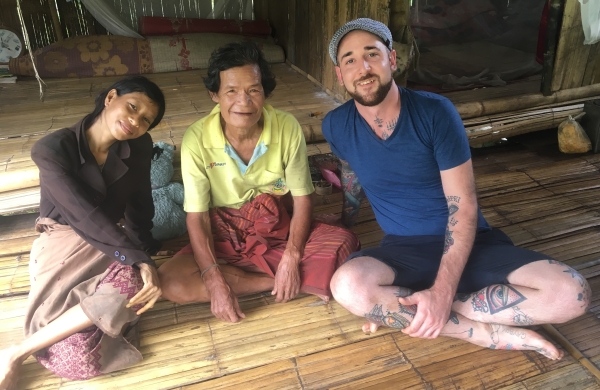
Enter Echo International Aid
Home in Australia after the visit, Jeremi couldn’t shake the stories of the Karen people from his mind. Everyone had a tale of heartbreak – flight from war, an impoverished upbringing, being turned away from healthcare, little access to schooling. And yet they remained so upbeat in the face of adversity. What more could he do to help?
“When I got back I kept thinking that I didn’t have that experience for nothing,” Jeremi says. “So, with a friend Ryan Stevens, we decided to introduce our friends to this cause, and we had a dinner where we cooked Thai and Burmese food and made $1200 to send back. It was enough money to pay for one of the kids from the village to go to uni for six months. I thought, well one dinner wasn’t hard. What else could we do to help?”
That innocent question sparked the launch of Echo International Aid, which Jeremi maintains along with fellow board members Fred Porter, Ryan Stevens and Mike Wallace. Jeremi continued to work full-time as a mechanic while dedicating his after hours time to raising money to help the Karen people in Thailand.
Through tireless fundraising campaigns, and much of Jeremi’s own financial contribution, Echo International Aid has helped build a library in Burma. It has constructed schools and funded university scholarships. It has paid for Karen people to endure the lengthy and corrupt process of receiving Thai citizenship to enable their access to health care and education. It has paid for life-saving health treatments, supported youth and community outreach programs and more.
And at home in Australia, Jeremi has helped Karen refugees to gain employment. His mechanical workshop employs a Karen apprentice and a Karen driver. Through Echo Jeremi has also help Karen refugees in Australia to be employed in the building, painting and food-processing industries.
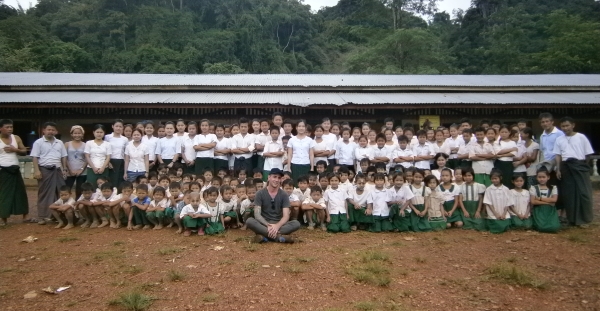
Duty to help
While exhausted from fundraising and constantly worried about the many more people in need of help, Jeremi says he could never give up Echo International. “I feel like this is my duty,” he says. “It’s what I should be doing. I am like a dog with a bone with this charity – I just can’t give it up.”
At low times, when fundraising is tough and he despairs he can’t help more people, Jeremi tries to remember the success stories. He thinks of Kong Dee whom he regards like a little brother. Thanks to Echo International Aid, Kong Dee is at university studying teaching. Thanks to Echo International Kong Dee now has Thai citizenship. And when he graduates, Kong Dee plans to return to his village to teach a new generation of Karen students.
Jeremi also thinks of the family who lives next door to Kong Dee. Just last year, when Jeremi was visiting, there was a commotion in the house as the family’s sick newborn baby became deathly ill. The family had no money for healthcare, and no identification. Their baby was doomed. Jeremi and fellow board member Fred Porter stepped in and whisked the baby to hospital. They rallied the Echo International community for funds, and paid for treatment which saved the baby’s life. That baby is now a chubby one year old.
While buoyed by such successes, Jeremi can’t help but think of all the cases that don’t receive help. For every success story, there are hundreds more tales of despair.
“These people are forgotten people,” Jeremi says. “Nobody even knows who they are, nobody even knows that there’s still fighting going on in their homes. I can’t let that go. I have to do whatever I can to help.”
“These people are forgotten people.”
Get involved…
Support Echo International’s work by making a donation and finding out more at the website www.echointernational.org.au

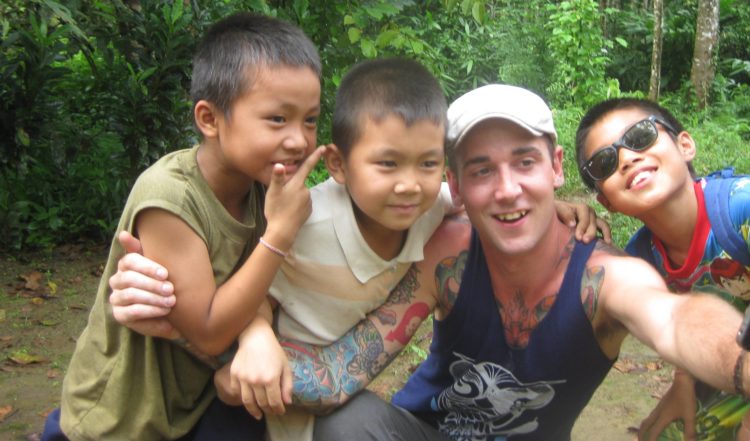
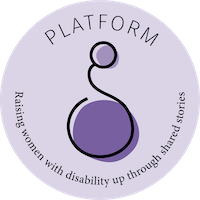

Love reading these inspirational stories! Thank-you.
I love writing them! Thanks Narelle x